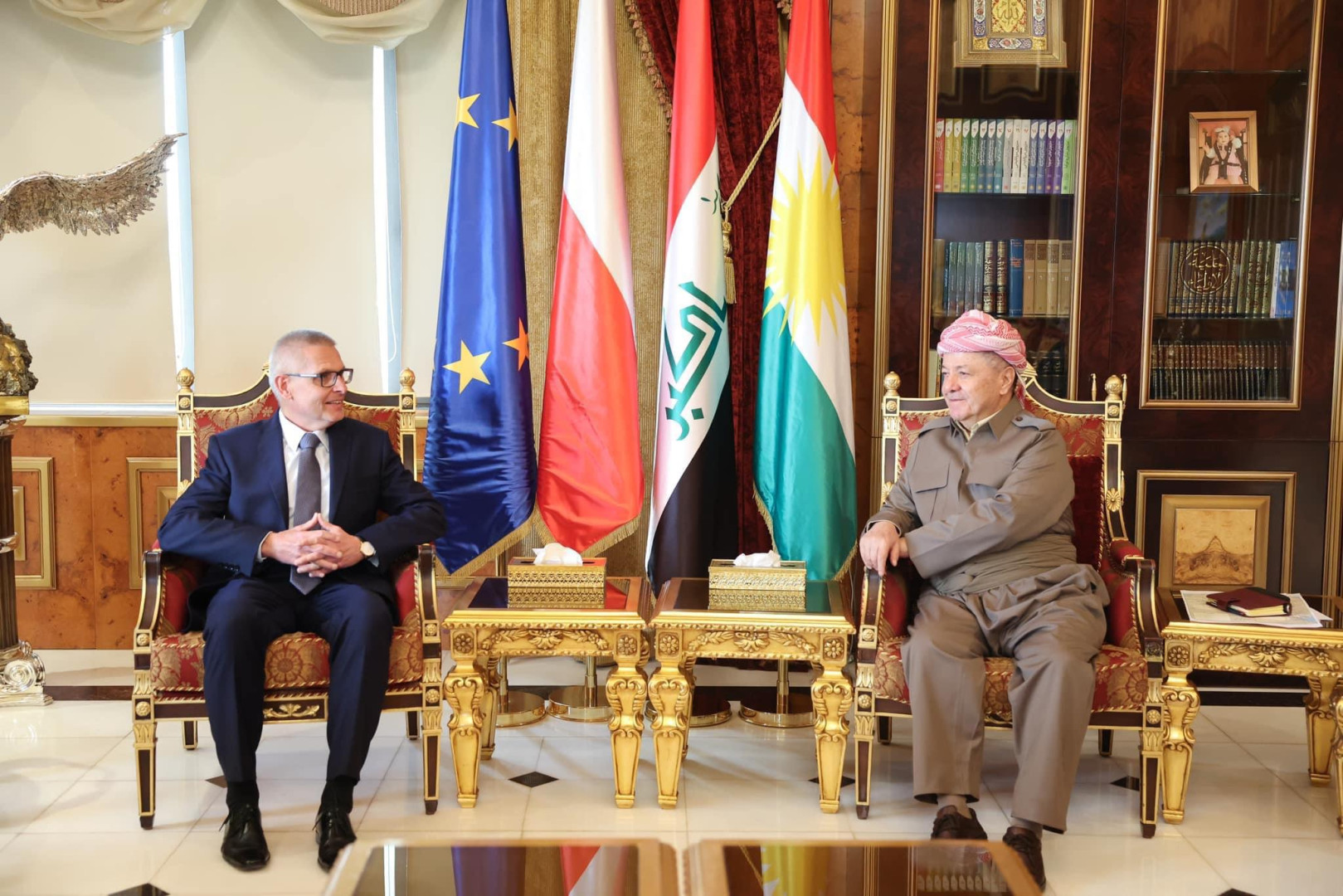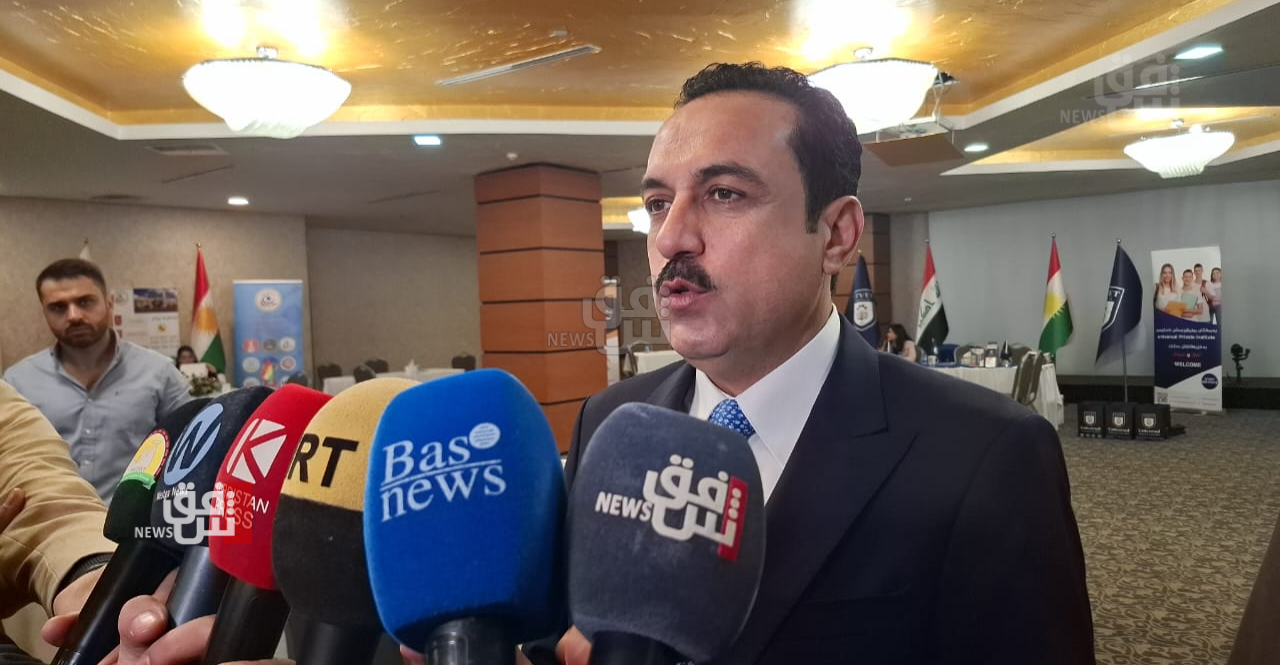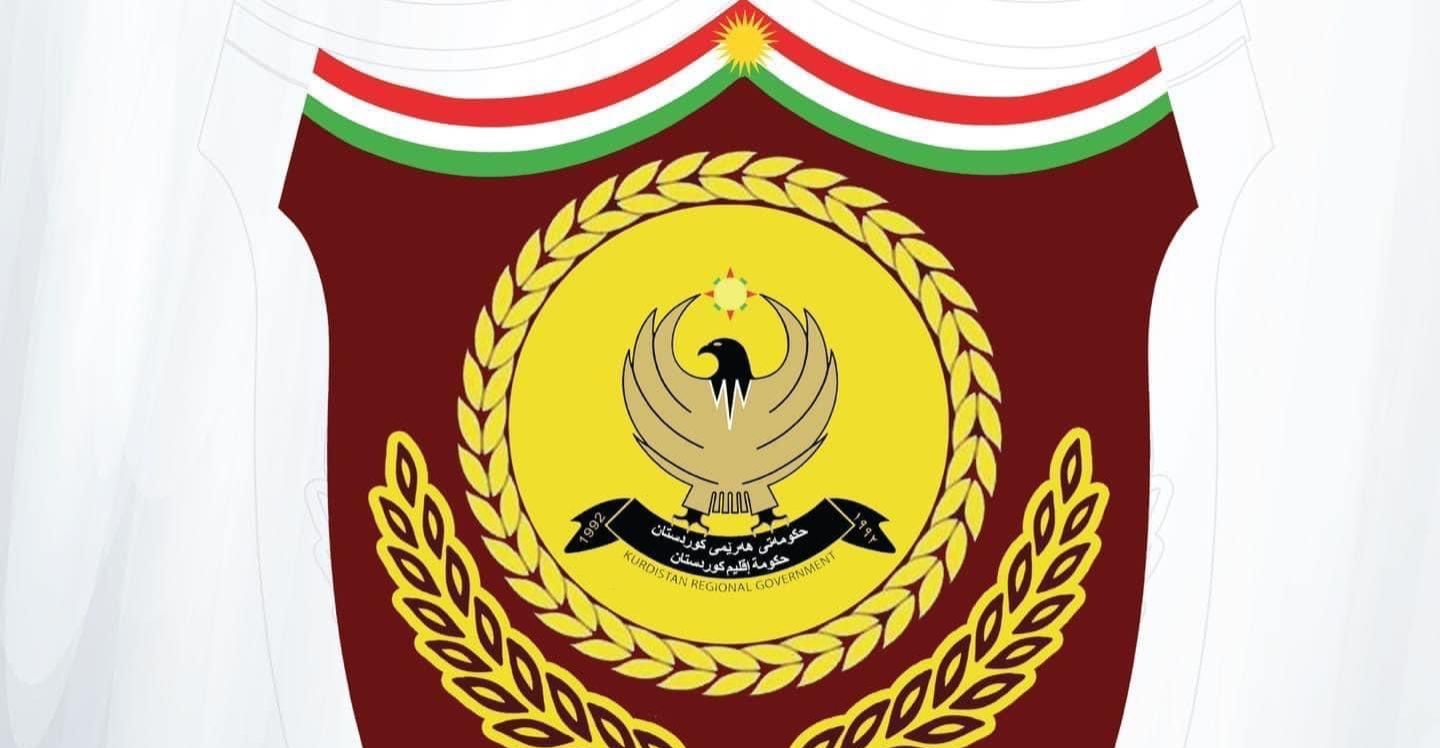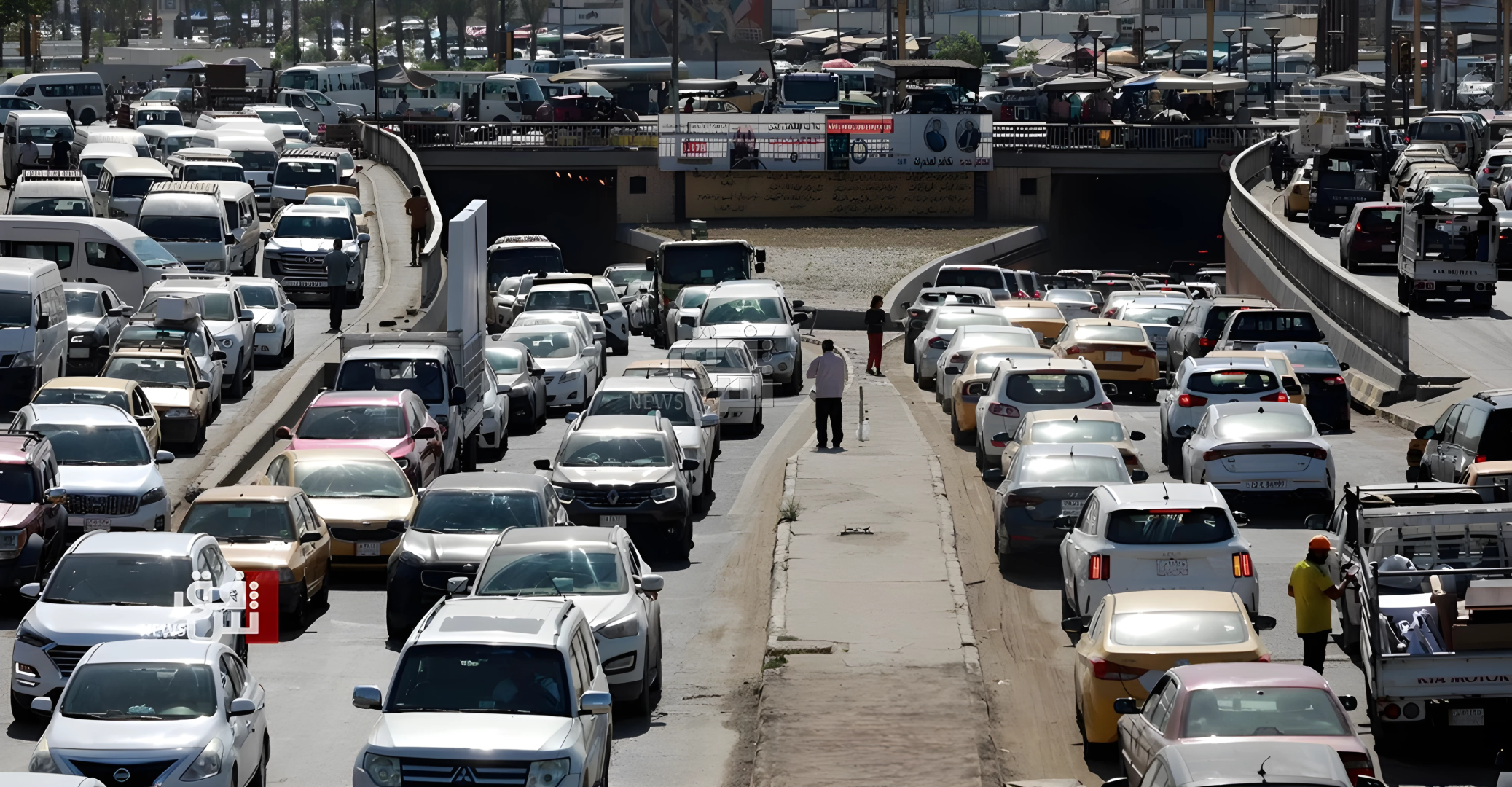10th anniversary of Yazidi genocide: continued struggles for displaced community
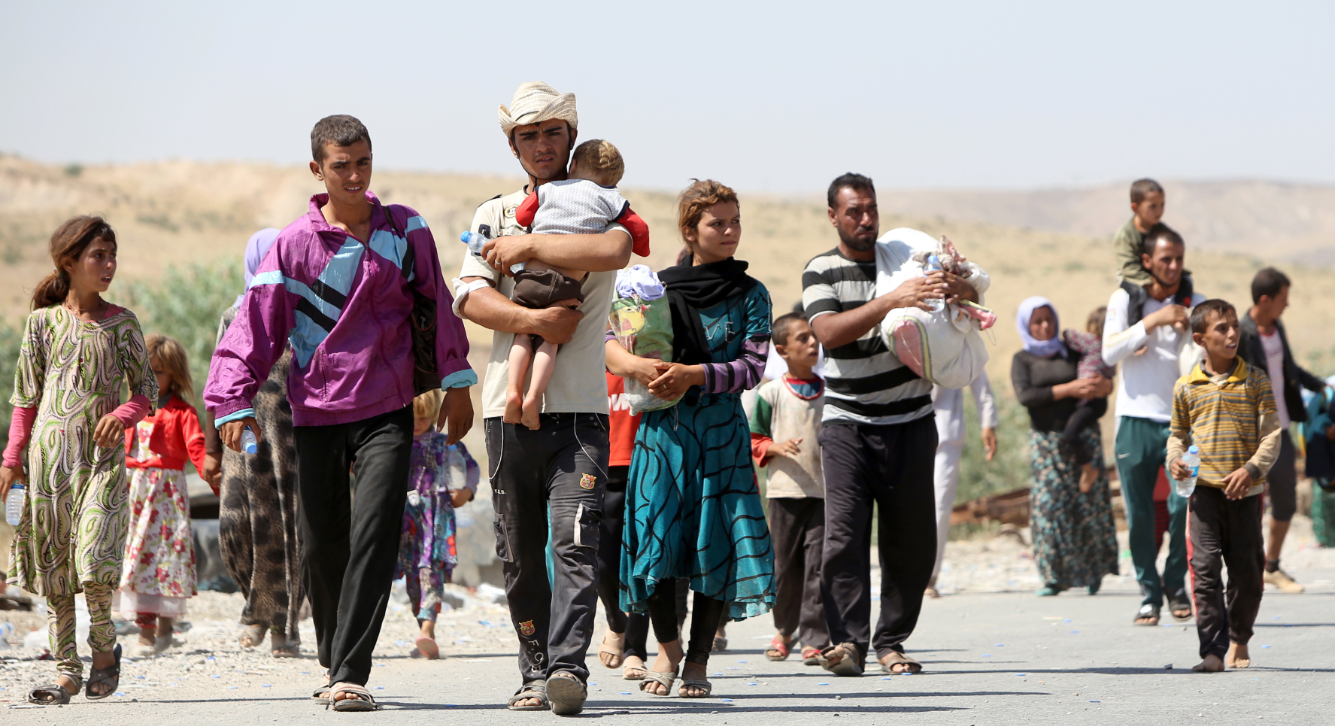
Shafaq News/ As Iraq prepares to mark the tenth anniversary of the Yazidi genocide by ISIS, the haunting memories of 2014 are far from over for the community. Hundreds of thousands of Yazidis remain in displacement camps, thousands are still missing, and the scars of destruction in Sinjar are a daily reminder of the atrocities they endured. Despite global recognition of the genocide, justice and recovery seem distant for many Yazidis, who continue to grapple with "unfulfilled" promises from the Iraqi government.
Background on the Yazidis and ISIS
The Yazidis are an ethnoreligious group primarily residing in northern Iraq, particularly in the Sinjar region. They have a distinct religious tradition that has faced centuries of persecution. In August 2014, ISIS launched a brutal campaign against the Yazidis, labeling them heretics. The attack led to mass killings, forced conversions, and the abduction of thousands of women and children, who were subjected to horrific abuses. The United Nations has recognized the events as genocide, underscoring the severe impact on the Yazidi community.
Continued Struggle And Suffering
As the tenth anniversary of the genocide approaches on August 3, the Yazidi community continues to face significant challenges. Despite the passage of time, over 370,000 Yazidis remain in displacement camps, and approximately 3,000 women, girls, and children are still missing. Around 100,000 Yazidis have emigrated from Iraq. Meanwhile, about 40% of homes in Sinjar, particularly in the southern regions, remain destroyed, and essential services are lacking.
According to Khodr Domli, a researcher specializing in conflict resolution, the Iraqi government has done little to provide justice and adequate compensation for the Yazidi victims. "Most Iraqi regions have received varying levels of compensation, but Sinjar has seen less than 10%." Domli points out that the Iraqi government's response has been inadequate, describing it as "nothing short of shameful."
"The government granted 4 million dinars ($4,000) to each family wishing to return to Sinjar, an amount insufficient even to transport belongings from the camps to Sinjar, let alone repair the destroyed homes, which constitute about 40 percent of the total houses, especially in southern Sinjar. This insufficient support from the government highlights a baffling approach to ensuring justice and aiding recovery for the Yazidi community." He tells Shafaq News Agency.
In turn, Haydar Elias, founder of the Yazda organization, emphasizes that the government's efforts have largely been limited to the Survivors Law, which benefits only a small percentage of Yazidis. "More than half of the Yazidi community still lives in displacement camps without fair compensation."
Elias, in his interview with Shafaq News Agency, calls for "full compensation for Yazidi families, as a significant portion of the community has been unable to rebuild their homes. This inability is one of the main reasons for their reluctance to return. Moreover, the issue of justice remains unresolved, with many individuals accused of collaborating with terrorists still present in Iraq. This ongoing threat instills fear among Yazidis of potential future attacks. There remains a deep mistrust in the government and security forces, as well as concerns about preventing a recurrence of the atrocities experienced in 2014."
Challenges Facing Yazidi Women
Rafah Hassan, a Yazidi activist, highlights the difficult conditions faced by Yazidi women in camps, citing limited job opportunities, scarce support from organizations, and challenging humanitarian and economic situations.
Hassan points out that "the government has somewhat failed by not providing job opportunities for those in the camps. While returning to Sinjar is an option for Yazidi families, there are no services or security in Sinjar. Although organizations have provided support to Sinjar, corruption remains an issue."
Suhaila Al-Asam, a women's rights activist, underscores the need for societal integration and rights for Yazidis, especially following the enactment of the Survivors Law in 2021.
The Law enacted by Iraq in 2021 provides recognition, compensation, and rehabilitation for Yazidi women and other survivors of ISIS violence. It ensures medical and psychological support, legal rights, and social reintegration, marking a significant step towards justice and accountability for the atrocities committed by ISIS.
"Yazidi families have lived in numerous camps spread across the Kurdistan region and along the Syrian border, and these camps lack the most necessities of life. Upon returning to their areas in Sinjar and Bashiqa, they were shocked by the destruction of their homes and regions. Even after ten years, the Yazidis still need to integrate into society and claim their rights."
Government Initiatives and Future Plans
Khalaf Sinjari, the advisor to the Iraqi Prime Minister on Yazidi affairs, outlines several government initiatives aimed at addressing Yazidi grievances. These include "granting land ownership rights to Yazidis in Sinjar for the first time in nearly 50 years and officially recognizing the Yazidi genocide. The government has also formed a committee to search for the approximately 2,700 missing Yazidis."
"For instance, an urgent directive was issued from the Prime Minister's office to prioritize Yazidis in compensating for their destroyed homes. Previously, the Cabinet mandated the Ministry of Finance to disburse compensation to those whose homes were demolished, particularly those living in camps in the Kurdistan region and especially in Sinjar."
Sanjari continues, "The government has also established the Sinjar and Nineveh Plains Reconstruction Fund and initiated numerous service projects. The Prime Minister directed the establishment of the Rabia-Sinjar Ba'aj water project, which will provide water to Sinjar and residential complexes in Sinjar, Rabia, and Ba'aj, as well as the surrounding districts and sub-districts."
"The hospitals in Sinjar were destroyed during the ISIS war and subsequent liberation operations. As a result, PM Al-Sudani announced during his visit to Sinjar the establishment of two hospitals—one in Sinjar with a capacity of 100 beds and another in the northern sub-district with a capacity of 50 beds. There are also plans to support the educational sector and ensure fairness across all other sectors."
Sanjari stresses that the Iraqi Prime Minister is committed to the development and stability of Sinjar, directing all relevant ministries and authorities to support reconstruction and stability in the area.
"A key component of the government's program and Al-Sudani's ministerial agenda is to ensure the future of minorities and rebuild their areas in Sinjar and the Nineveh Plains. However, there is still a need for greater support and cooperation from the international community and donor countries to bolster the stability of Sinjar, which continues to suffer from the legacies of previous governments." He concluded.


